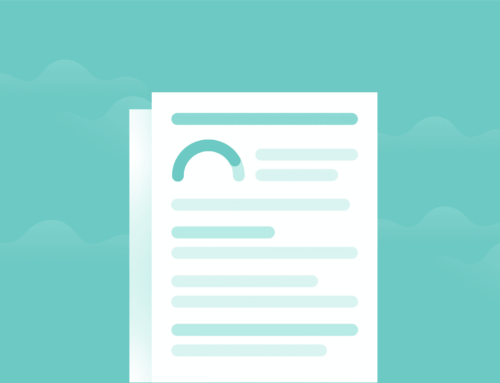For so many, two words that can send blood pressure soaring, are ‘credit + report’. Whether you are looking for a new cozy new place to live, to buy a second car for your family or apply for a credit card to make your travel dreams come true, reputable businesses will always run a credit check.
Where do I get my credit report?
In Canada, two agencies provide credit reports, Equifax Canada and TransUnion Canada. Both offer copies of your credit report free of charge if the request is mailed in with two pieces of legally recognized ID or will charge a fee if you request via their online submission pages. Unfortunately, the free option does not include a credit score, just a copy of your credit report. If you want to monitor your score, you must pay to receive it. Also, there are many myths surrounding credit reports and you should always take care to keep on top of, no matter what your friends may say.
What is a credit report used for?
Consider a credit report an ‘overview’ or ‘snapshot’ of your credit history and the most widely used document that lenders use to decide whether or not to give you credit. Consumers may not realize it but you inadvertently had a credit file created in your name when you first borrowed money or applied for that first credit card. On a regular basis, companies that lend money or issue credit cards to you, including banks, finance companies, credit unions, retailers, send specific factual information related to the financial transactions they have with you, to credit reporting agencies. This information is used to create a credit score which is then used by those you are looking to obtain credit from.
What information is on my credit report?
On your credit report will be various items and all of them personal, so keep it in a safe private place. The credit report will contain items such as your address, Social Insurance Number, employers – both current and past – and what salary was paid, information about past or current bankruptcies, inquiries from other institutions, and your personal banking information. Nothing you would give away freely.
For those who have dealt with Collection Agencies, you will find that each agency will have an entry with the details of the amount outstanding, how and if the outstanding amount was paid, and who the creditor was.
In the Trade Information section of your Credit Report, a potential lender or landlord, may see what credit you already have, how the payments are made and if they are overdue, any bankruptcies, consumer proposals and discharge dates of the previous.
The Bottom Line
All the above mentioned information has incredible valuable to a potential lender, as it assists in the decision on whether to entrust you with more credit or even to grant you the ability to rent a new place to live. While you cannot control what goes into your credit report, it is up to you to ensure that you monitor your report on a regular basis to ensure the details contained within are accurate, and are yours.
With identity theft a very real problem in Canada, the Consumer Measures Committee maintains a list of what to do if you are a victim of fraud or theft, and after cancelling all your credit cards, calling the authorities, the third recommendation is to contact your credit reporting agency immediately. Who would think of that? I know I didn’t last time I lost my wallet! Checking your credit history with both agencies once a year for accuracy and consistency is definitely an action that should be diarized. You never know what is in your credit report unless you are looking at it on a regular basis.
The Financial Consumer Agency of Canada has a great resource page on credit reports which is available free of charge online and available in .pdf download.
Helen Siwak is Editor-in-Chief of BLUSHVancouver & EcoLuvLux Lifestyle Blog | Lifestyle contributor to Daily Hive (VancityBuzz) | West Coast contributor to Retail-Insider | contributing writer for Marble Financial.






